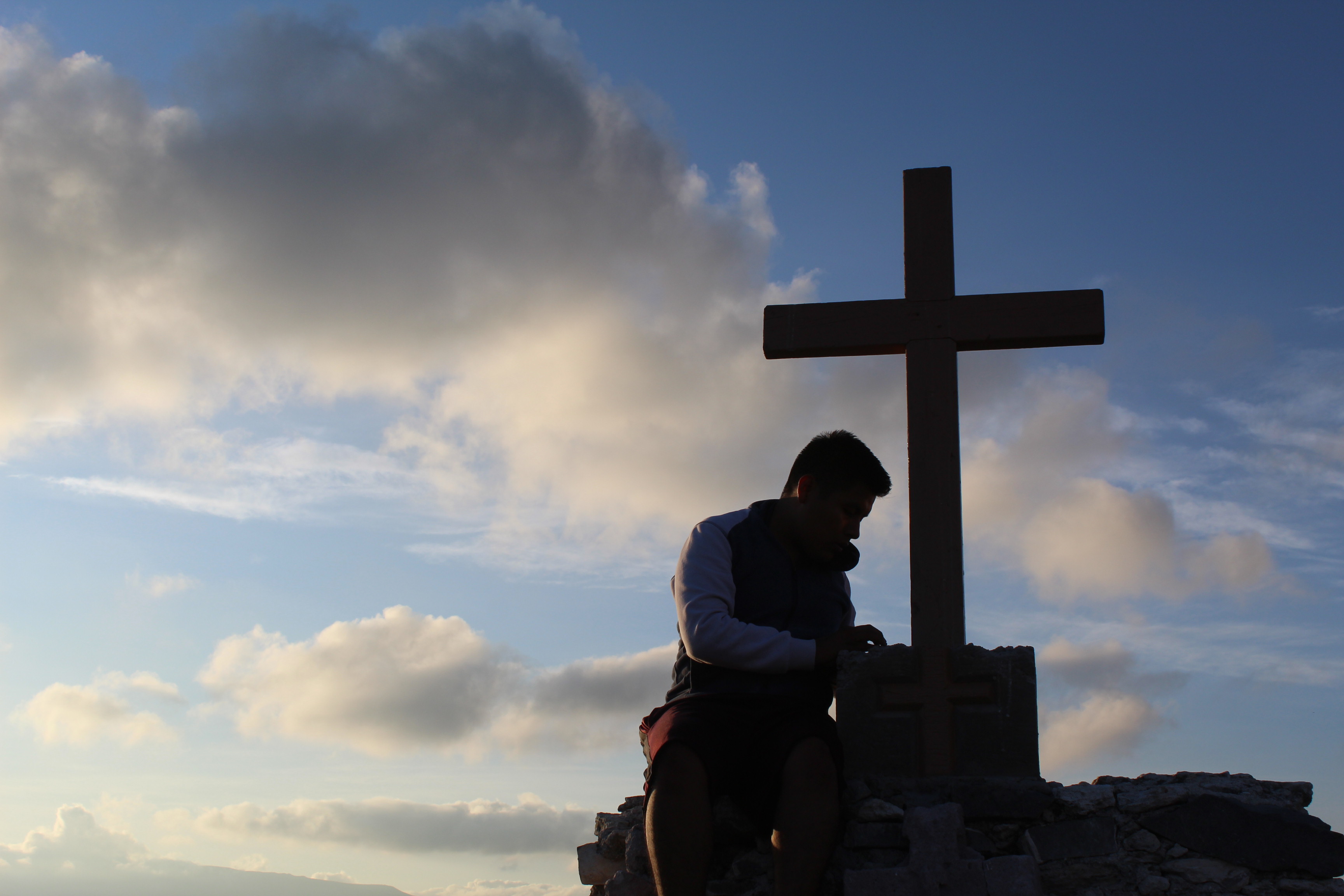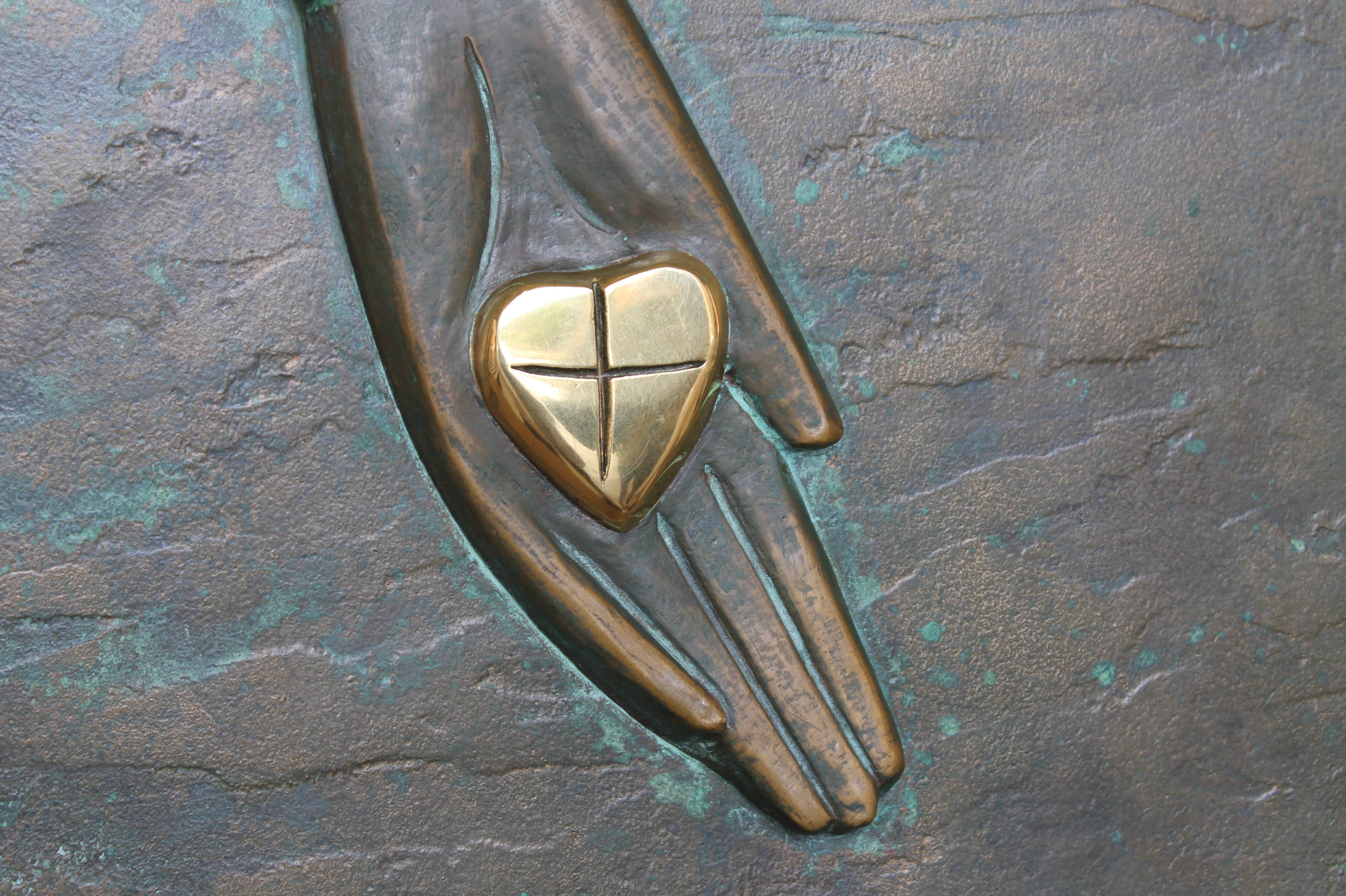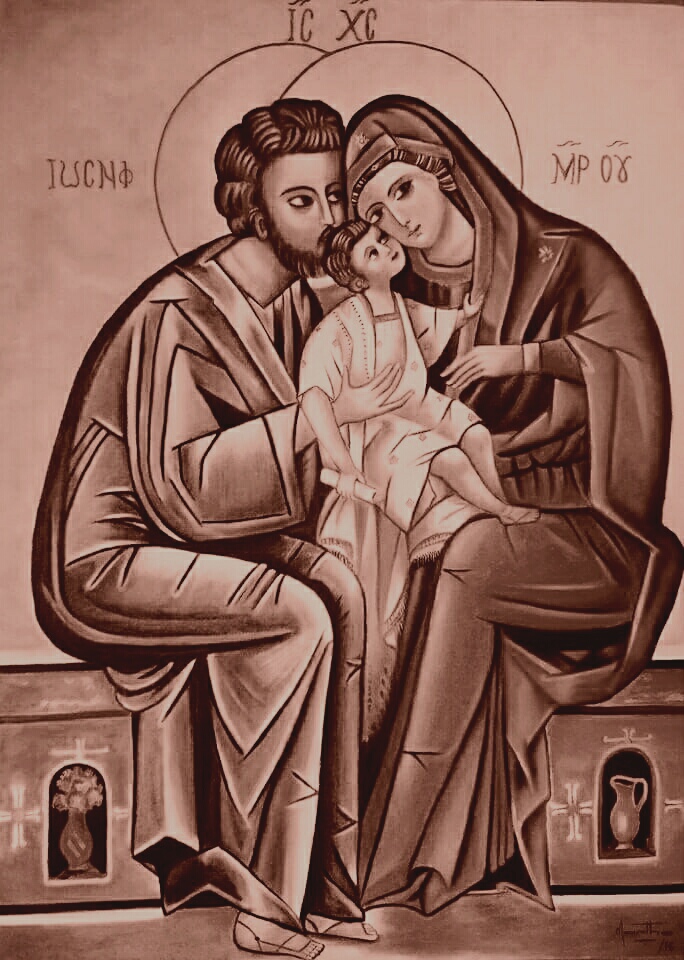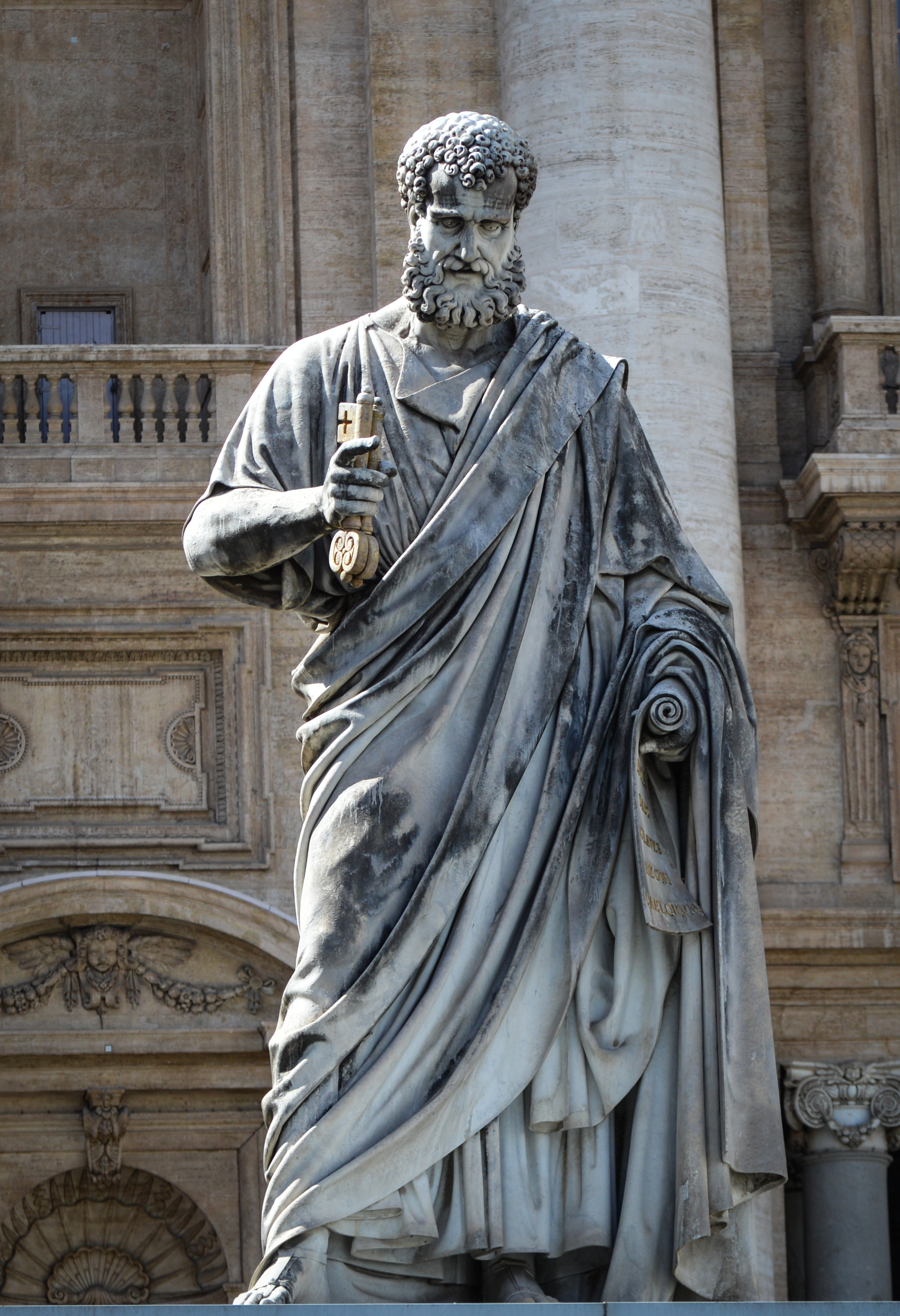In today’s Gospel, Luke recounts the story of the healing of the lepers. At the time of Christ, lepers were one of the most marginalized and isolated groups. In order to avoid spreading leprosy, which is highly contagious, they were not even allowed to live with their families. Those who had leprosy were without hope because their ailment could not be cured. Lepers were considered unclean and, therefore, sought purity. When they encounter Christ, they recognize Him as someone who can heal them and grant them purity. When Christ heals the ten lepers, He then tells them to show themselves to the priests so that they may be welcomed back into the community. However, only one of the ten comes back to offer praise and thanksgiving to Christ. And Christ’s response is, “Stand up and go; your faith has saved you.”
How often do we ask something of God in prayer and receive it but then forget to give thanks? How often do we forget to give thanks for our everyday blessings be it our jobs, families, food on our tables, roofs over our heads, etc.? The Gospel acclamation today is “In all circumstances, give thanks, for this is the will of God for you in Jesus Christ.” That seems difficult, right? What if our circumstances are less than ideal? What if we have a lot on our plates or are going through a tough time? It seems impossible to give thanks when those are the circumstances, but we ought to look at those circumstances as an opportunity to unite our suffering to that of Christ on the Cross and give thanks for his Passion and Resurrection.
We can continuously offer thanksgiving to God by staying close to His sacraments, especially the Eucharist. Eucharist means thanksgiving and, by taking part in this Sacrament, we are taking part in the suffering, death, and Resurrection of Jesus Christ. We are recognizing that he laid down his life for us in order that we may be saved. He became man so he could say to each one of us, “Stand up and go; your faith has saved you.”
On this Thanksgiving day, may we not take for granted all our blessings. May we praise God for all His works and remember that our faith will save us.
St. Clement, St. Miguel Pro, and St. Columban, pray for us!
En el Evangelio de hoy, Lucas narra la historia de la curación de los leprosos. En la época de Cristo, los leprosos eran uno de los grupos más marginados y aislados. Para evitar la propagación de la lepra, que es altamente contagiosa, ni siquiera se les permitió vivir con sus familias. Los que tenían lepra estaban sin esperanza porque su dolencia no podía curarse. Se consideraban impuros a los leprosos y por eso buscaban la pureza. Cuando encuentran a Cristo, lo reconocen como alguien que puede curarlos y otorgarles la pureza. Cuando Cristo sana a los diez leprosos, les dice que se presenten a los sacerdotes para que puedan ser bienvenidos de nuevo en la comunidad. Sin embargo, solo uno de los diez regresa para ofrecer alabanza y acción de gracias a Cristo. Y la respuesta de Cristo es: “Levántate y vete. Tu fe te ha salvado.”
¿Con qué frecuencia le pedimos algo a Dios en la oración pero cuando lo recibimos nos olvidamos de darle las gracias? ¿Con qué frecuencia nos olvidamos agradecerle por nuestras bendiciones diarias, ya que sean nuestros trabajos, familias, la comida en la mesa, el techo sobre nuestras cabezas, etc.? La aclamación del Evangelio de hoy es “Den gracias siempre, unidos a Cristo Jesús, pues esto es lo que Dios quiere que ustedes hagan.” Eso parece difícil, ¿verdad? ¿Qué pasa si nuestras circunstancias no son ideales? ¿Qué pasa si tenemos muchas cargas o estamos pasando por un momento difícil? Parece imposible dar gracias en esas circunstancias, pero debemos mirarlas como una oportunidad para unir nuestro sufrimiento al de Cristo en la Cruz y dar gracias por su Pasión y Resurrección.
Podemos ofrecer acción de gracias a Dios continuamente permaneciendo cerca de Sus sacramentos, especialmente la Eucaristía. Eucaristía significa acción de gracias y al participar en este Sacramento, estamos participando en el sufrimiento, la muerte y la Resurrección de Jesucristo. Estamos reconociendo que Él dio su vida por nosotros para salvarnos. Se hizo hombre para poder decirnos a cada uno de nosotros: “Levántate y vete. Tu fe te ha salvado.”
En este día de Acción de Gracias, que no demos por sentadas todas nuestras bendiciones. Que alabemos a Dios por todas sus obras y recordemos que nuestra fe nos salvará.
San Clemente, San Miguel Pro y San Columbano, ¡ruega por nosotros!
 Dakota lives in Denver, CO with her husband, Ralph, and their two sons, Alfie & Theophilus. She is the Dean of Enrollment Management for Bishop Machebeuf High School where her husband also teaches. You can find Dakota at the zoo or a brewery with her family or with her nose in a book at home. For more of Dakota’s writing check out https://dakotaleonard16.blogspot.com/
Dakota lives in Denver, CO with her husband, Ralph, and their two sons, Alfie & Theophilus. She is the Dean of Enrollment Management for Bishop Machebeuf High School where her husband also teaches. You can find Dakota at the zoo or a brewery with her family or with her nose in a book at home. For more of Dakota’s writing check out https://dakotaleonard16.blogspot.com/
Feature Image Credit: Juan Pablo Arias, cathopic.com/photo/6175-lleno-de-majestad












